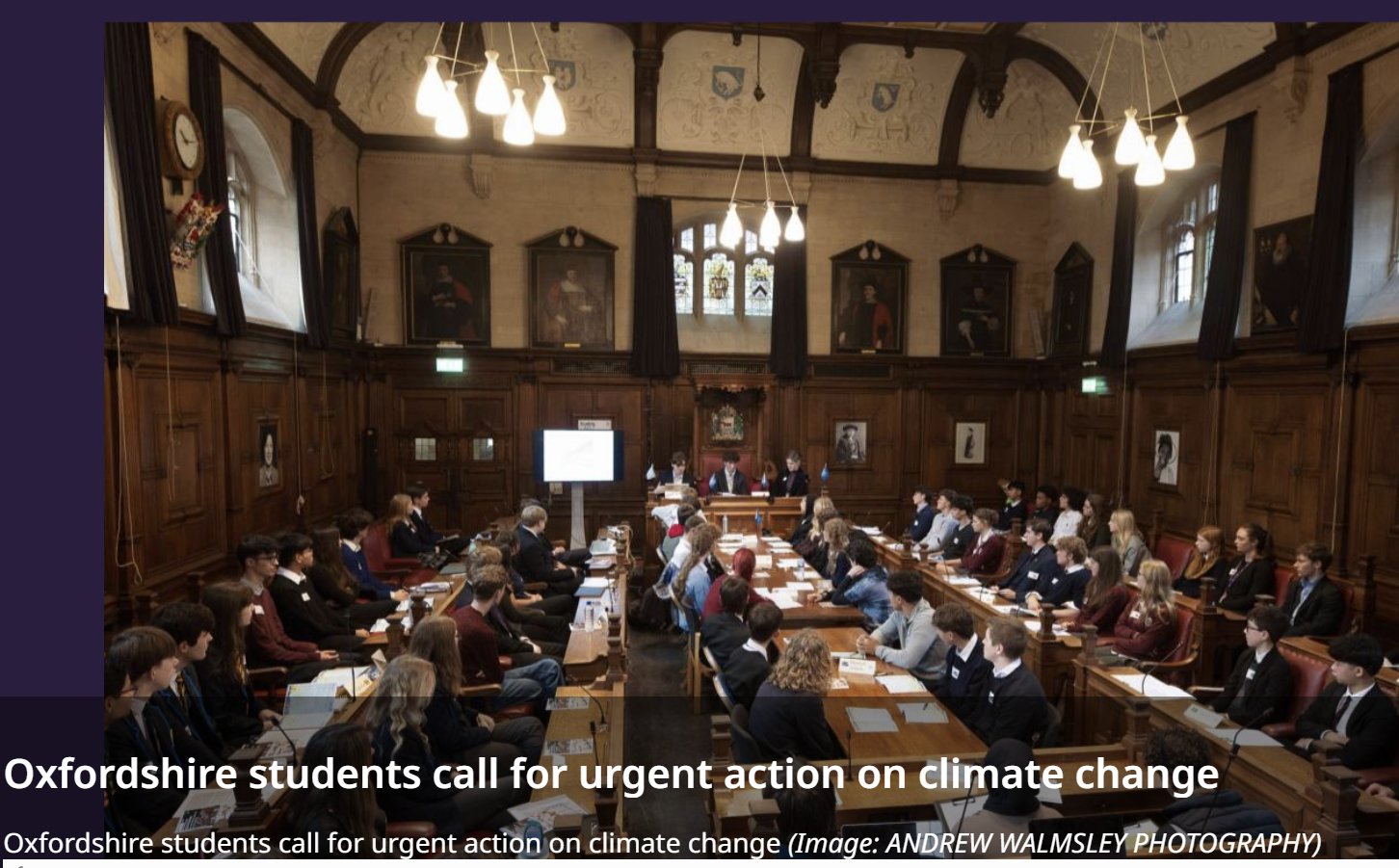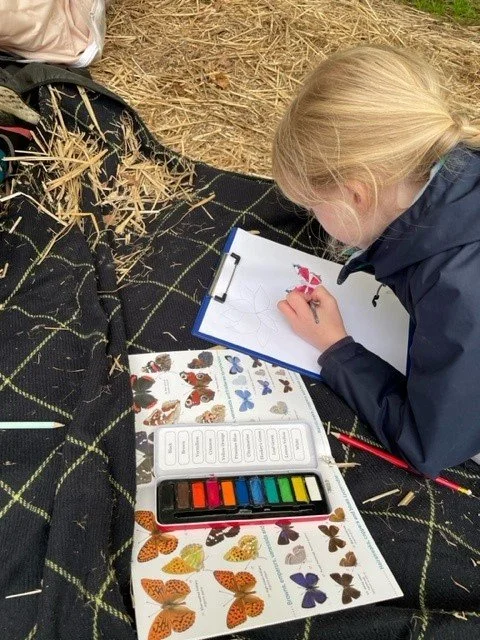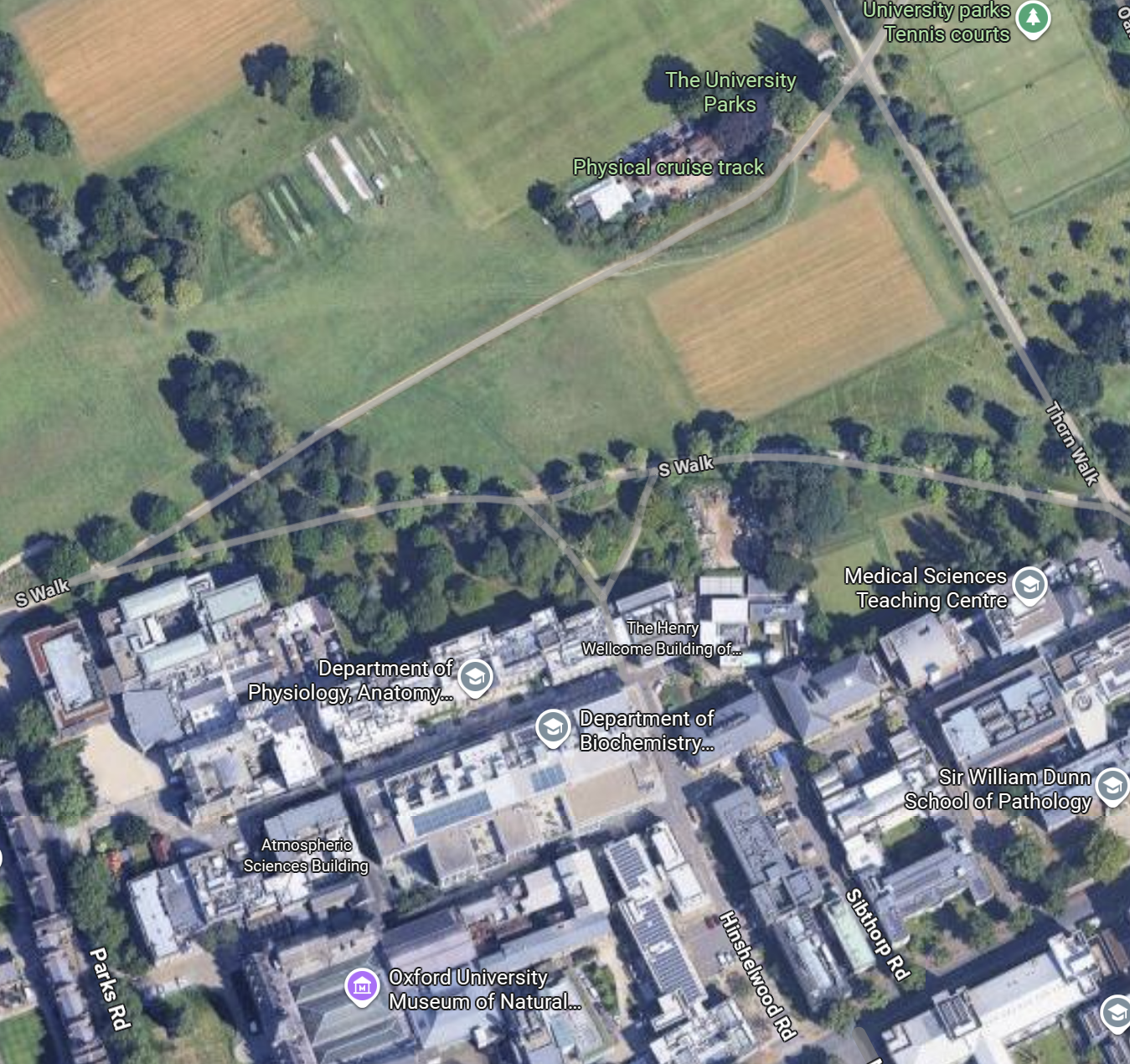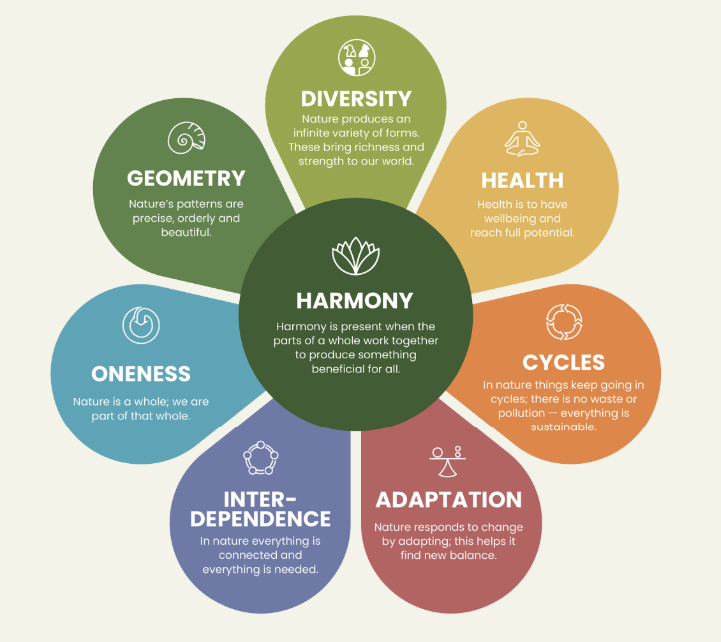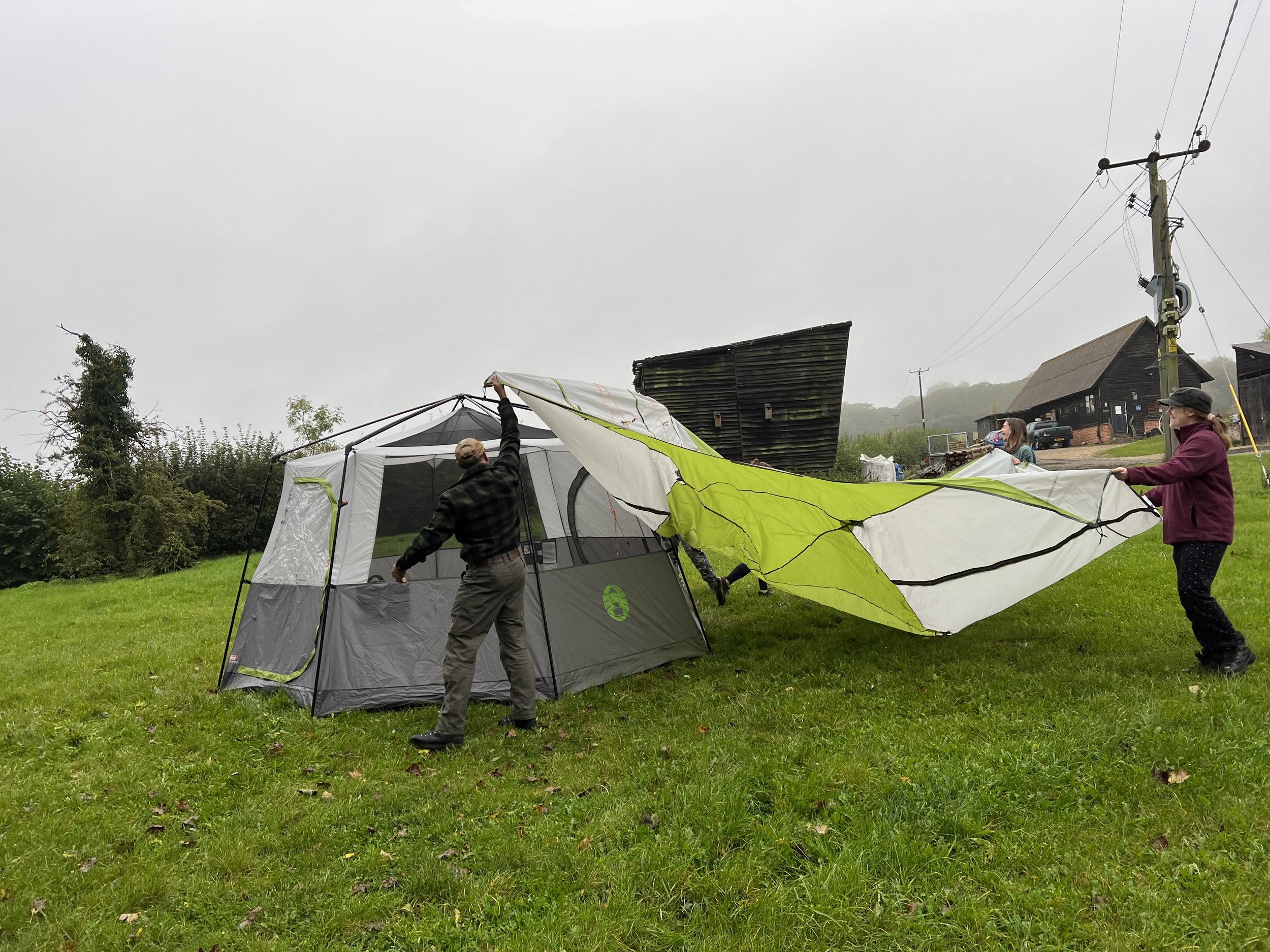As part of our work with the Oxford Education Deanery, Kim ran a webinar for geography teachers to discuss their approach to climate teaching, in particular how they keep up to date, and how they manage the emotional impacts. The webinar transcript and chat were reviewed and written up as a blog by one of our summer interns.
Written by Durham University Geography BSc Student, Maria Allison, Summer 2025
On the 12th January 2025, educators and researchers gathered to discuss the role of education, and especially geography, in addressing the climate emergency. Drawing on insights provided by Professor Myles Allen in his recent lecture at the University of Oxford, the discussion emphasised the urgent need for a combination of behavioural change, education reform and interdisciplinary approaches in order to equip young people for an unpredictable future.
As a Geography BSc student studying at Durham University, I was keenly interested in the range of views expressed and the discussion of possible practical solutions to this challenge. This links directly to my own research interests on the impacts of the rapidly changing climate on societies. I now proceed to summarise the key points of this webinar.
Professor Allen argued that while net zero by 2050 is still possible, progress will depend on the acceleration of human behavioural change. We need to prepare students not just to understand the science, but to make informed decisions and thrive in a rapidly changing world.
The webinar revolved around three critical questions:
What is being taught and does it meet the brief for our future citizens?
Content is changing in real time – how can educators stay up to date?
The content has emotional impact – how can we balance learning with mental health?
A panel of experts, including Steve Brace (Chief Executive, Geographical Association), Jane Blane (Geography teacher and DPhil student, University of Oxford), Paul Turner (Education Lead, Ministry of Eco Education), Dr Aoife Bennett (Research Lecturer, Oxford University), Dr David Mitchell (Associate Professor, UCL Institute of Education), Dr Bill Finnegan (Sustainability Curriculum Project Lead, University of Oxford), and Shelley Monk (Geography Subject Advisor, OCR), discussed these challenges. Throughout the conversation, they addressed the importance of geography as an interdisciplinary subject, as well as a powerful tool for climate literacy.
The consensus was clear: education is not just a component of the UK’s net zero strategy; it is our most fundamental tool for empowering the next generation with the knowledge, skills and agency to face the climate crisis.
A. What is being taught and does it meet the brief?
The first discussion addressed whether students are learning what they need to become informed citizens in the climate crisis. The key questions raised included: What is happening? What are the implications? What are the solutions? And what is my role?
Jane Blane noted that climate change teaching often feels disjointed and constrained by curriculum pressures. While Key Stage 3 offers more room for creativity, older students often lose opportunities for developing agency and soft skills as exam-focused teaching takes over.
Dr David Mitchell from UCL echoed this, pointing to a key issue. Geography teachers are doing their best to weave sustainability through their lessons, but they are often ‘hamstrung by teaching to the test.’ Consequently, the real meaning and relevance of the subject can get lost.
But are we selling students short by solely focusing on their future roles? Paul Turner of the Ministry of Eco Education argued that we are. Citing surveys that reveal worrying gaps in climate literacy, he reminded us that students aren’t ‘future citizens’, they are ‘active citizens’ now, and our job is to help them direct their energy and engagement.
This is where geography must step up. Steve Brace, Chief Executive of the Geographical Association, made a powerful case for the subject’s unique ability to connect the physical and human worlds using an ‘integrated’ method of approach. Geographers, he argued, have been working on these issues for decades, but could be ‘far more front-footed’ about their central role. In an era defined by human impact, the Anthropocene, it is a geographer’s way of thinking that we desperately need.
Therefore, while climate change is increasingly present in geography curricula, the approach tends to be inconsistent and overly focused on problems as opposed to solutions. To be truly effective, education must shift from ‘teaching to the test’, to empowering students with skills a sense of agency, and a hopeful outlook.
B. Content is changing in real time – how do we keep up?
The second discussion explored how schools can attempt to keep climate education relevant during a time when policy, science and public debate are shifting rapidly. Curriculum reform is slow, whilst climate and biodiversity evidence evolves daily- raising challenges for teachers, resource developers and exam boards.
Shelley Monk laid out the central concern. While OCR has added climate-focused content, it’s incredibly difficult to design specifications that are both stable and flexible. The system, she acknowledged, remains geared towards exams, while the gravity of the climate crisis demands something more.
However, without official guidance, the pressure falls directly on teachers. Paul Turner noted that while geographers are skilled at adapting, they are held back by a lack of time and training. He encouraged the idea of mandatory training, treating climate literacy with the same seriousness as literacy and numeracy.
Steve Brace pointed out that the National Curriculum’s minimal mention of climate change leaves huge discretion, and responsibility, with teachers. He urged for a universal right to climate education starting as early as Key Stage 2, encouraging teachers to use local, tangible examples, such as the growing flood risk to thousands of UK schools, in order to make the global personal.
Dr Bill Finnegan offered further insights of a different model from his work at Oxford. The university’s new climate colloquium is designed for students from all subjects to, as one student put it, ‘think like geographers.’
The takeaway was stark: while geography can be the ‘glue,’ the system itself needs to change to truly support teachers on the front line.
C. The content has emotional impact – how can we balance learning with mental health?
This led to the final question, addressing how to teach climate change truthfully without overwhelming students or teachers.
Dr David Mitchell argued that pedagogy is key. An inquiry-based approach where students are empowered to investigate solutions for themselves. This fosters a hopeful way of teaching that is grounded in action, instead of blind optimism. To describe this approach, he drew on a phrase from the educator David Orr: hope, he explained, is ‘a verb with its sleeves rolled up.’
Building on this, Dr Bill Finnegan gave this concept a name: ‘active hope’, introducing practical tools such as ‘The Hope Wheel’, designed to help teachers embed this constructive, action-oriented mindset in their classrooms.
However, Dr Aoife Bennett noted that this emotional weight is not only for students, but also teachers. She urged schools to partner with NGOs or outside experts, arguing that nurturing passion for, in particular, global ecosystems, can create purpose and sustains hope.
Finally, to ground this hope in a future, Steve Brace offered a powerful solution: link learning to careers. By showing students how geography can lead to meaningful work in the green economy, teachers can help turn anxiety into aspiration.
Across all three themes, a clear message emerged: that geography teachers are at the forefront of the most significant educational challenge of our time. To succeed, they need more than just a new curriculum. They need a system that supports them, innovative pedagogical tools and a whole-school approach. This is what will empower them to give students the knowledge, resilience and active hope required to face an uncertain future.


